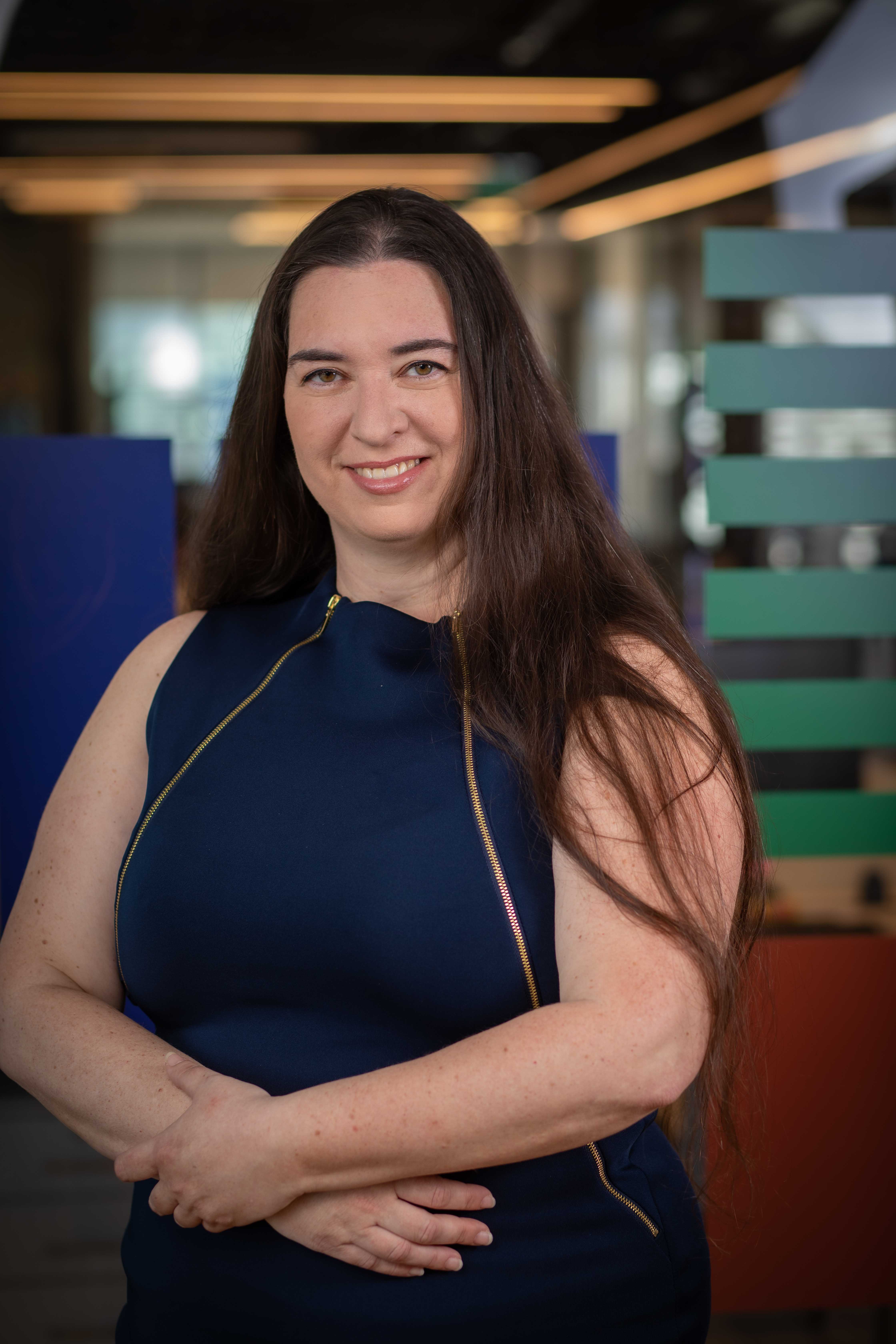Dikla Edlis | Source | Chief Human Resources Officer at Verbit.ai

Dikla Edlis
Dikla Edlis has 20+ years of global HR leadership and organizational coaching experience. She has a successful track record of supporting companies in hyper growth stages, in implementing major organizational changes, in M&As and in building world-class sales organizations with inside & field sales efforts. Edlis has trusted expertise in executive team building, as well as global organizational optimization, efficiency and transformation. Prior to Verbit, Edlis served as CHRO at various hyper-growth startups, including leading the hypergrowth of Panaya from an early stage startup to its acquisition by Infosys for $300M. In the past, she has served as an Executive Consultant and as a Chief People Officer at various companies.
-

Verbit.ai (https://verbit.ai/)
Chief Human Resources Officer
-
Celebrating Pride Month & Discussing Workplace Inclusion
Advice on how to promote and cultivate workplace inclusivity and diversity to help LGBTQ+ employees & others be their true selves.
Article -
Council Post: 13 Ways Teams Can Engage Leaders In Problem-Solving Conversations
It starts with earning credibility, and HR teams should be known as the subject matter experts on people.
Article -
Council Post: Here's How To Handle A Struggling Employee
Dikla serves on a panel offering advice on how to talk with your people to address issues early on and come up with solutions.
Article
-
"The new world of remote work also adds another nuance to the challenges and opportunities being faced by business leaders who aim to be inclusive. When thinking of the hyper growth happening in the hi-tech industry specifically, there are massive changes in global regions, multiple nationalities and time zones at play. There’s also hybrid work models and COVID-19 aftereffects to consider. Our ability to be open to the different and accepting of the unknown are critical to a company’s cultural success. Keeping question marks in mind to facilitate communication rather only putting forth exclamation points is a valuable skill teams should consider now. 'How do I communicate empathically with another human being and allow them to feel it’s OK to bring their true self forward.’ The implicit assumption should be that EVERYONE has something valuable to bring to the table.”
-
“Inclusiveness is not only about LGBTQ+. It touches everyone on how we accept the many perceived ‘non-acceptable’ notions of ourselves and others. Fortunately, today there is greater openness to explore these differences. In many cases, there’s a deep understanding of how much we can gain and achieve from accelerating a culture that brings these differences together. These major changes can only come through with intentional effort. I see organizational inclusiveness as creating an atmosphere that allows each person to bring themselves to work as they are. Teammates should feel comfortable in their work sphere. When they feel comfortable, they are engaged, perform better and feel proud. Creating a company culture that allows and encourages sharing passions and interests, as well as vulnerabilities, challenges and frustrations is critical. It will allow us in turn to cultivate an atmosphere for creativity, holism, engagement and success,” she said.



